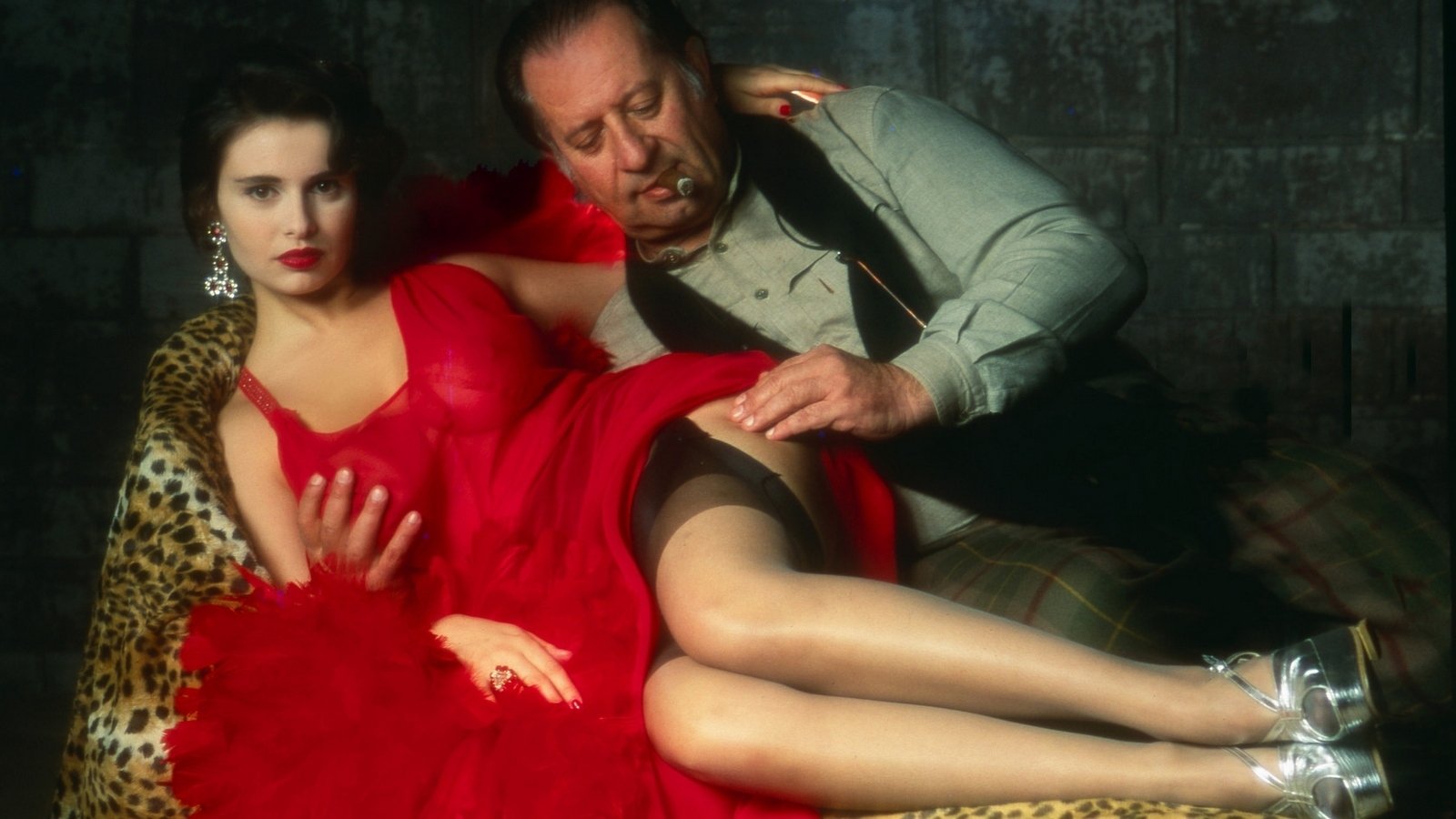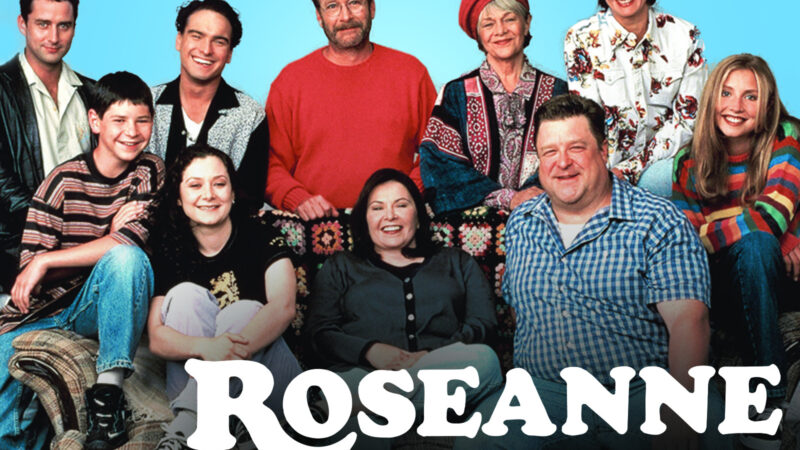🎬🎬 Paprika (1991)

Paprika: A Provocative Blend of Eroticism and Social Critique

Tinto Brass’s Paprika (1991), a visually sumptuous and unabashedly sensual erotic drama, stands as one of the Italian auteur’s most layered works. Anchored by Debora Caprioglio’s magnetic performance, the film navigates the murky waters of desire, autonomy, and societal hypocrisy with a boldness that is both provocative and introspective. Set against the backdrop of 1950s Italy, Paprika is not merely a showcase of Brass’s signature voyeuristic style but a surprisingly nuanced exploration of a woman’s journey through a patriarchal world that seeks to both idolize and commodify her.
A Tale of Sacrifice and Self-Discovery

The story follows Mimma (Caprioglio), a young woman from rural Italy who takes on the alias Paprika when she enters a brothel to fund her fiancé’s entrepreneurial dreams. What begins as a pragmatic, temporary sacrifice soon spirals into a complex personal odyssey. As Mimma navigates the brothel’s hierarchy and encounters clients ranging from politicians to criminals, she grapples with betrayal, societal judgment, and the performative nature of her role. Her journey is one of transformation—from a naive lover to a woman who reclaims her identity and agency in a world that seeks to define her by her body.
Caprioglio’s portrayal of Mimma/Paprika is the film’s emotional core. She imbues the character with a delicate balance of innocence and resilience, capturing the vulnerability of a woman thrust into a harsh reality while gradually unveiling her inner strength. Her evolution is not just a narrative arc but a powerful statement on self-empowerment in the face of exploitation.
Tinto Brass’s Stylized Vision

Visually, Paprika is quintessential Brass. The film is drenched in lush, vibrant colors, with elaborate set pieces that evoke the opulence and duplicity of 1950s Italy. Mirrors, a recurring motif, serve as both literal and metaphorical reflections of the characters’ dual lives and the societal hypocrisy they navigate. Brass’s camera is unapologetically voyeuristic, lingering on sensual imagery, yet it never feels gratuitous. Instead, it underscores the film’s central tension: the blurred line between empowerment and objectification.
The cinematography, paired with a sultry soundtrack, creates an immersive experience that is as seductive as it is unsettling. Brass’s stylistic flourishes—his penchant for exaggerated angles and playful compositions—lend the film a dreamlike quality, inviting viewers to question the realities behind the characters’ performances.
A Subversive Commentary

While Paprika is undeniably erotic, it transcends mere titillation. Beneath its glossy surface lies a sharp critique of sexual politics, class divides, and the commodification of women. The brothel, a microcosm of society, exposes the hypocrisy of its clients—men of power who revel in their desires while condemning the women who fulfill them. Through Mimma’s interactions with aristocrats, politicians, and criminals, Brass highlights the performative nature of sexuality and the power dynamics that underpin it.
Unlike some of Brass’s more exploitative works, Paprika treats its protagonist with a degree of sympathy and depth. Mimma is not a passive figure; her journey is one of agency and self-awareness, challenging the notion that her profession defines her worth. This makes the film stand out in Brass’s filmography as a work that balances provocation with introspection.
A Polarizing Legacy
Paprika is not without controversy. Its explicit content and Brass’s unapologetic approach to eroticism have divided audiences, with some dismissing it as indulgent while others praise its subversive edge. Yet, the film’s strength lies in its ability to provoke discussion. It challenges viewers to look beyond the surface allure and confront uncomfortable questions about desire, control, and freedom.
Final Thoughts
Paprika is a film that demands an open mind. It is both a celebration of sensuality and a critique of the societal structures that exploit it. Debora Caprioglio’s captivating performance, coupled with Tinto Brass’s bold directorial vision, makes Paprika a compelling exploration of a woman’s agency in a world that seeks to confine her. For those willing to engage with its complexities, the film offers a rich, provocative experience that lingers long after the credits roll.





